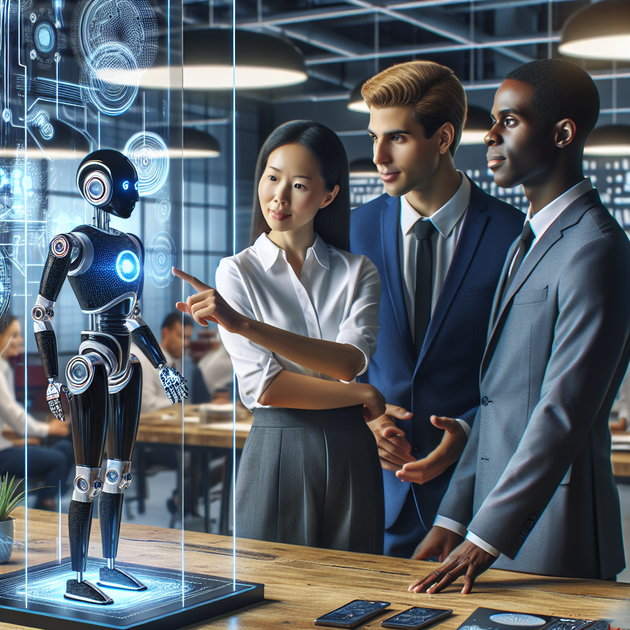What if the next wave of job losses isn’t just about machines taking over, but a sign those roles weren’t “real work” to begin with? That’s the controversial idea Sam Altman, CEO of OpenAI, put on the table recently, and it’s got just about everyone in tech and business talking. With artificial intelligence reshaping entire industries, his words have sparked a fresh round of debate: What exactly makes work “real” in the modern era?
What Did Sam Altman Actually Say About Jobs?
Sam Altman’s comments came during a candid discussion about the future of work and AI automation. He suggested that if certain jobs can be easily wiped out by artificial intelligence, maybe those positions weren’t truly “real work” in the first place.
This isn’t just a throwaway comment—it goes to the heart of a much bigger conversation. With tools like ChatGPT and other AI systems rapidly advancing, it’s clear that some tasks—especially repetitive or routine ones—are at serious risk of disappearing. Altman’s point seems to be: If a job can be automated away with little impact, was it ever meaningful, or was it just busywork created by outdated systems?
The Debate: What Counts as “Real Work”?
Altman’s statement raises a tough question: Who decides what work is “real”? Throughout history, technology has replaced jobs, from the cotton gin to the assembly line. Each time, people worried that “real work” was vanishing. But society often adapts, shifting towards new types of roles.
Here’s what’s being debated right now:
- Value vs. Necessity: Just because a task is necessary doesn’t mean it’s valuable in the long run. But it might still provide income and dignity.
- Automation’s Reach: Many jobs facing automation are repetitive, but others require judgment, empathy, or creativity—qualities AI still can’t fully replicate.
- Economic Impact: If millions lose jobs, the ripple effect goes beyond “real work” debates and hits communities and families hard.
- New Opportunities: Historically, new tech has created jobs even as it destroys old ones. Will AI do the same?
For a deeper dive into how automation is reshaping work, the Brookings Institution breaks down which sectors are most vulnerable—and which might benefit.
AI, Automation, and the Future of Work
The rise of artificial intelligence and automation isn’t just about who loses their job—it’s about how the very idea of work is changing. Roles that require creative thinking, emotional intelligence, or complex problem-solving aren’t so easily automated.
Consider healthcare, where AI is helping doctors analyze scans faster but can’t replace the human touch with patients. Or education, where AI tutors might help grade papers, but teachers still guide real learning. Even in creative fields, tools like Adobe’s generative AI are sparking new ways for artists to work without replacing their vision.
Still, there’s real anxiety about what happens to people whose jobs do disappear. Some experts say retraining and lifelong learning are the keys. The World Economic Forum notes that while millions of jobs could be lost to automation, millions more could be created—if workers can shift their skills.
Anecdote: Real People, Real Work
Take Anna, a bank teller in her 50s. When ATMs first rolled out, everyone predicted her job would vanish. But Anna adapted, focusing more on customer service and financial advice—roles that ATMs couldn’t fill. Her story mirrors what’s happened in countless industries: jobs evolve, and the definition of “real work” shifts with them.
So, Were Those Jobs “Real Work”—or Just Work?
Sam Altman’s jobs comment might sound harsh, but it forces a closer look at what we value in our working lives. Is real work about what can’t be automated? Is it about meaning, or just a paycheck? As AI continues to change what’s possible in every industry, these aren’t just philosophical questions—they matter to millions of people facing an uncertain future.
What do you think: Should we rethink what counts as “real work” in the age of AI, or does every job matter just as much as the next?

Leave a Reply